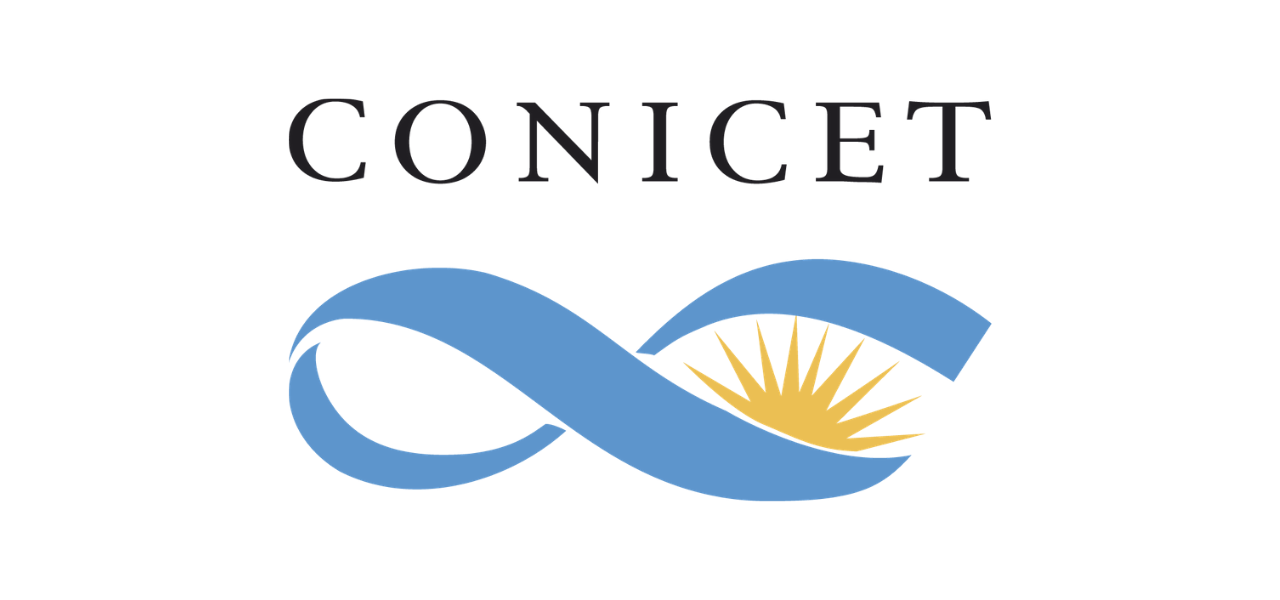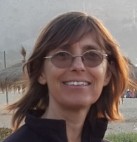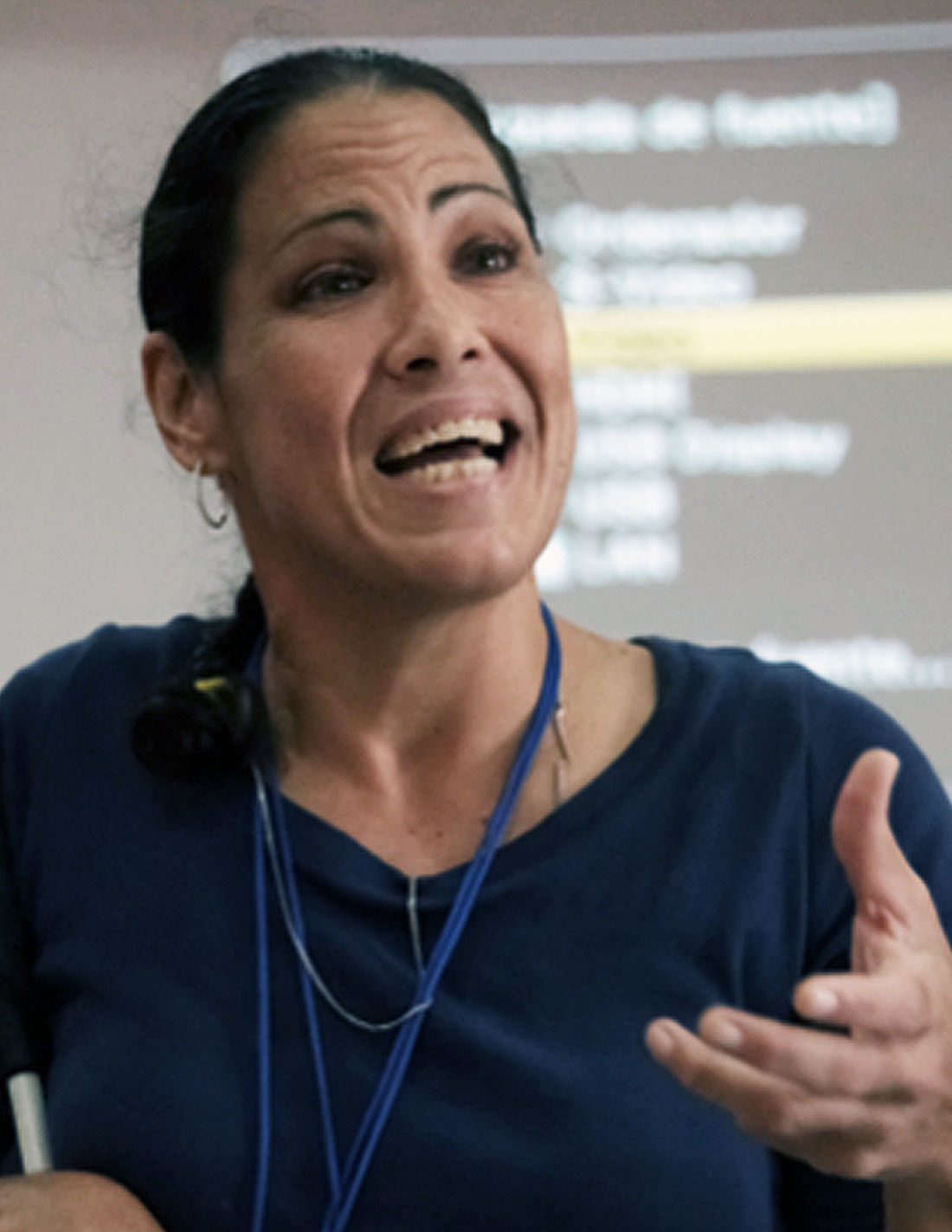Consejo Nacional de Investigaciones Científicas y Técnicas (CONICET)
Institution
CONICET is the main agency that fosters science and technology in Argentina. Currently, the Council has more than 10 thousand researchers, 11 thousand doctoral and postdoctoral fellows, 2,600 technicians and professional support staff, and 1,500 administrative employees. They all operate across the whole country -from the Antarctic up to the Puna, from the Andes Mountain Range up to the Argentine Sea- in 15 Scientific and Technological Centers (CCT), 11 research and transference centers (CIT), a Multidisciplinary Research Center and more than 280 Institutes and exclusive CONICET Centers under the scope of national universities and other institutions.
Research expertise
CONICET is developing a software devoted to achieving a better and multisensorial access to the astronomical data, the SonoUno. SonoUno is a software which produces an interface which permits to deploy from two or more columns tables of astronomical data, a graphical response, a plot of these data, and also a sound that permits the blind people to explore the data. This tool is being developed based on the study of other softwares (Sonification Sandbox, MathTrax and xSonify) in a framework of standards for accessibility like the ISO 9241-171:2008 (Guidance on software accessibility) and with the purpose to improve these other tools, which in no one case can reach more that the 50% of accessibility according the mentioned standard. In order to develop the first approach of graphical user interface, we perform a theoretical framework based on bibliography of user cases, focused on blind and visual impairment people. Finally, it is possible to save the sound, the plot and a text file with the marked special features on the data, as well as a complete record of the steps followed by the user, in order to detect problems in the design. As the next step, the developer team expects to include the communication with databases like the Astrophysics Data System (ADS), the Sloan Digital Sky Survey (SDSS) or SIMBAD, and improve the access to the astronomical data for blind and visually impaired users.
Role in REINFORCE
COCINET team will work towards increasing inclusion in REINFORCE project by developing applications to extend the senses used in the scientific inference, beyond this of the visual, and include in the overall effort and scientific community sense-disabled people (especially visually disabled). The team will also support the overall design of the Citizen Science Engagement Strategy to offer solutions and approaches that are more inclusive and participatory.






